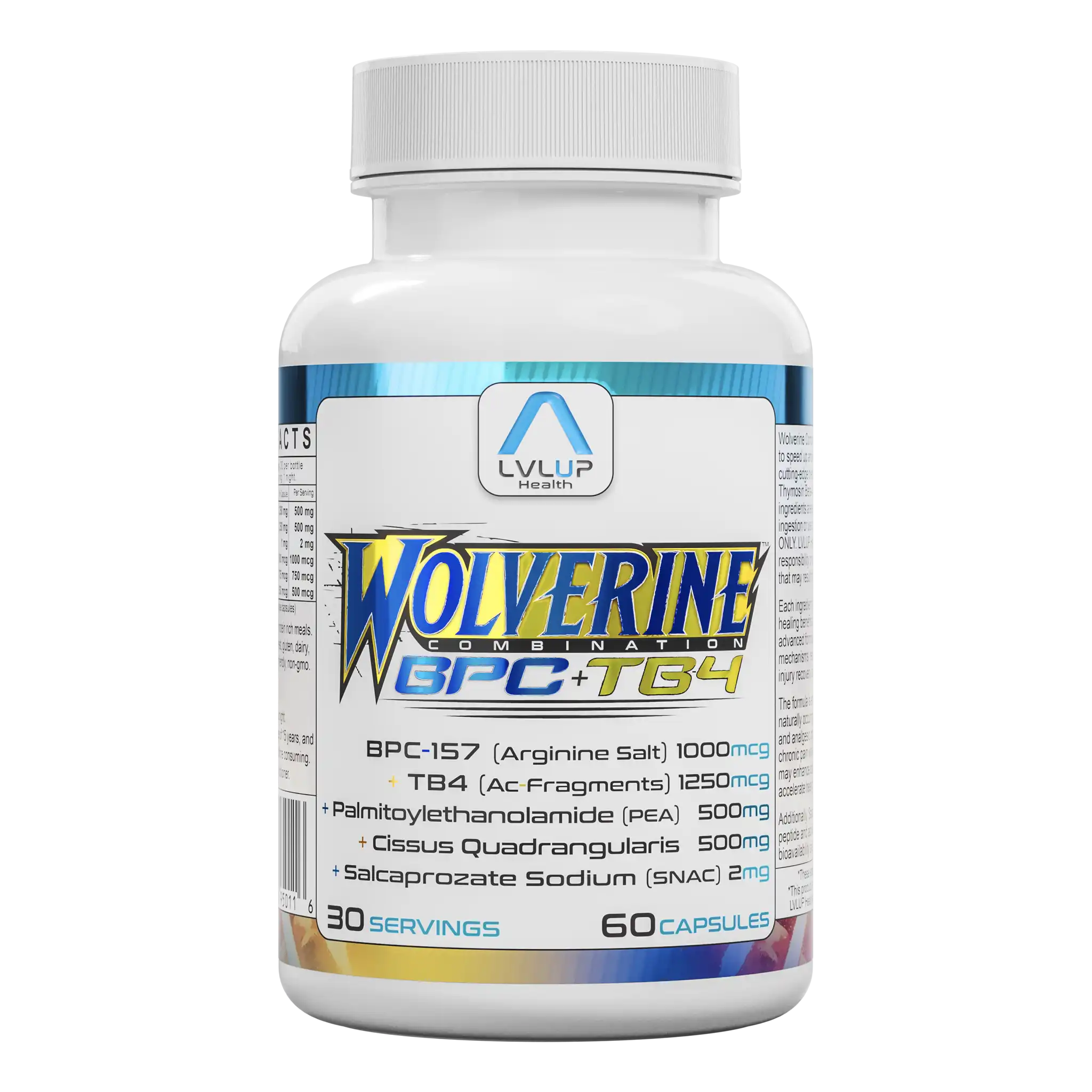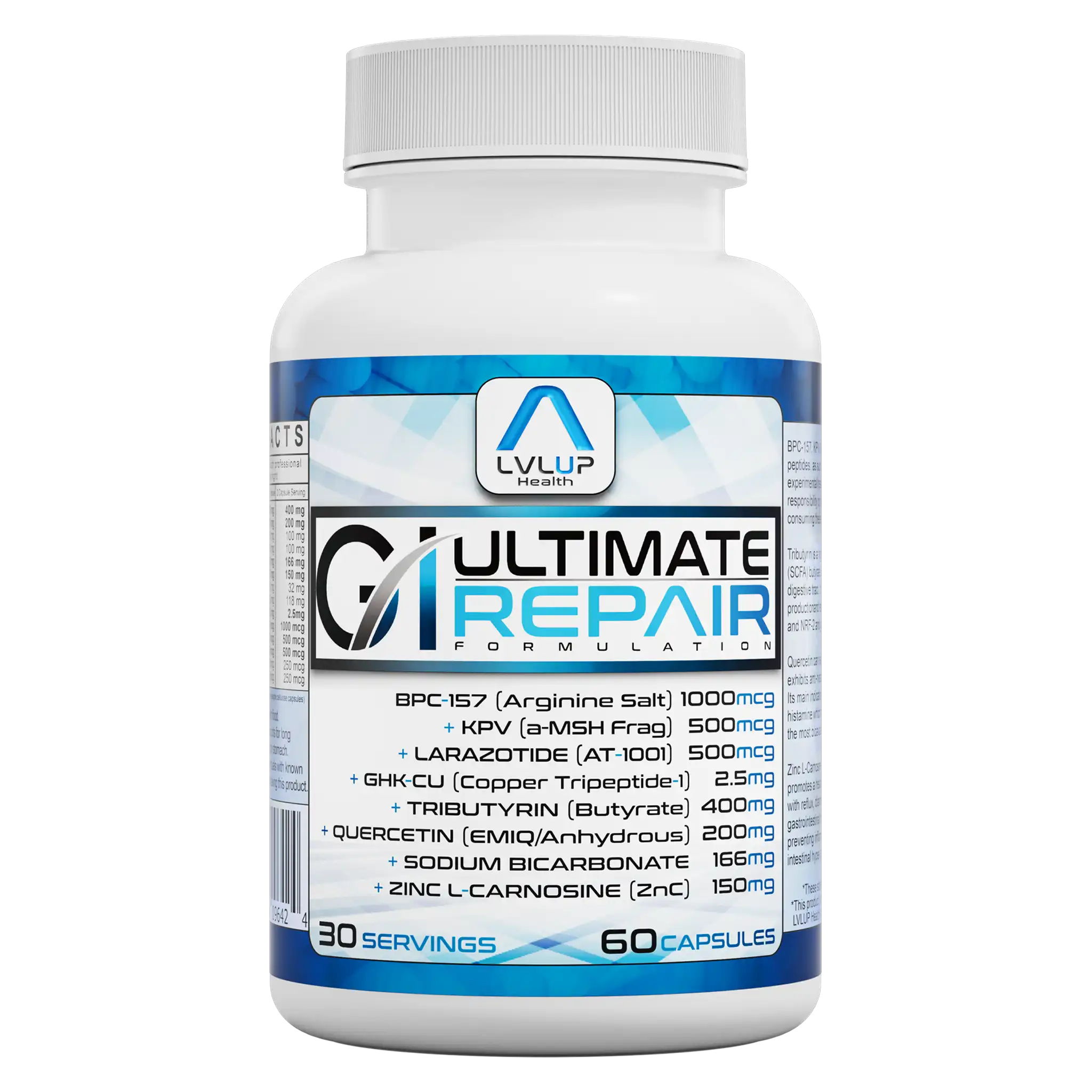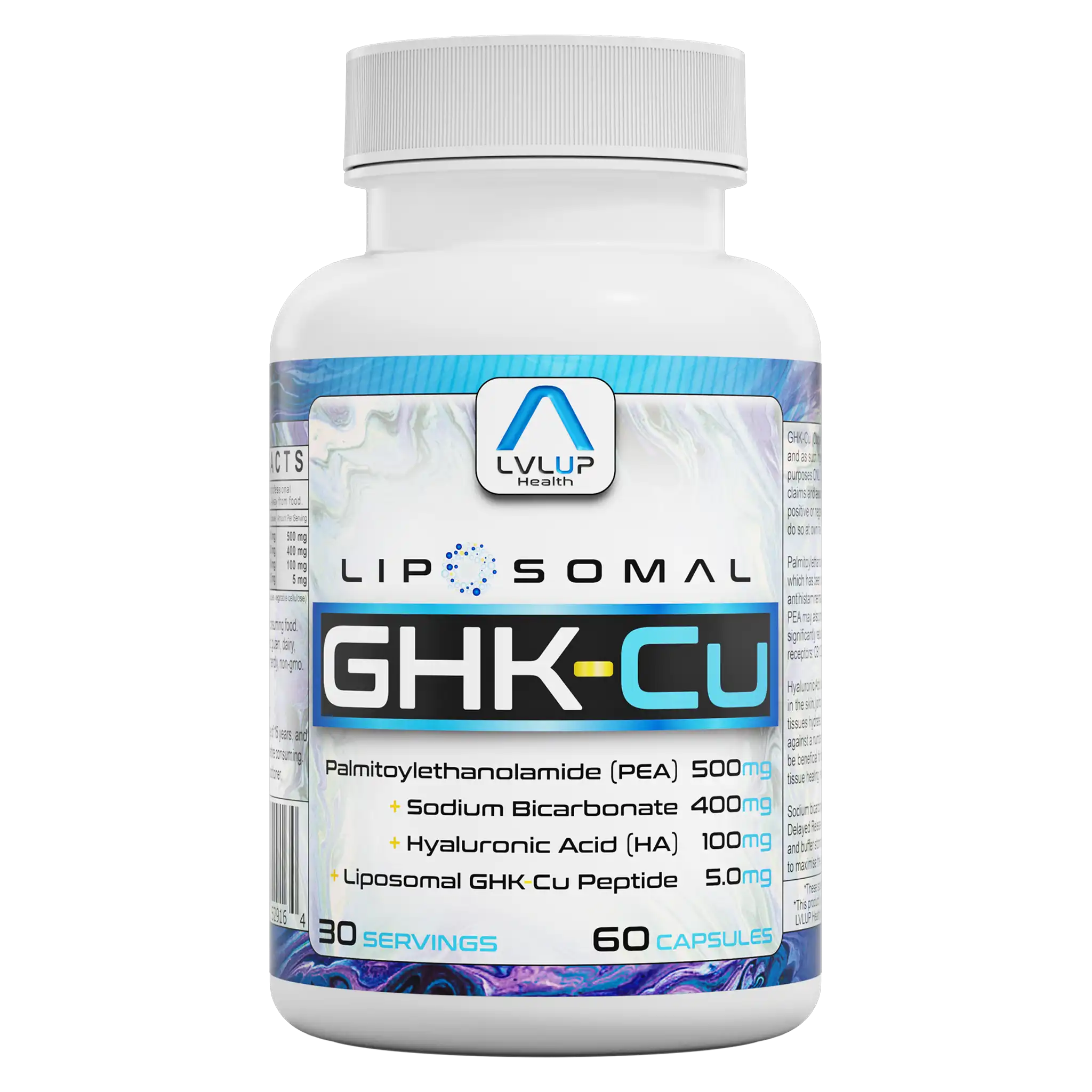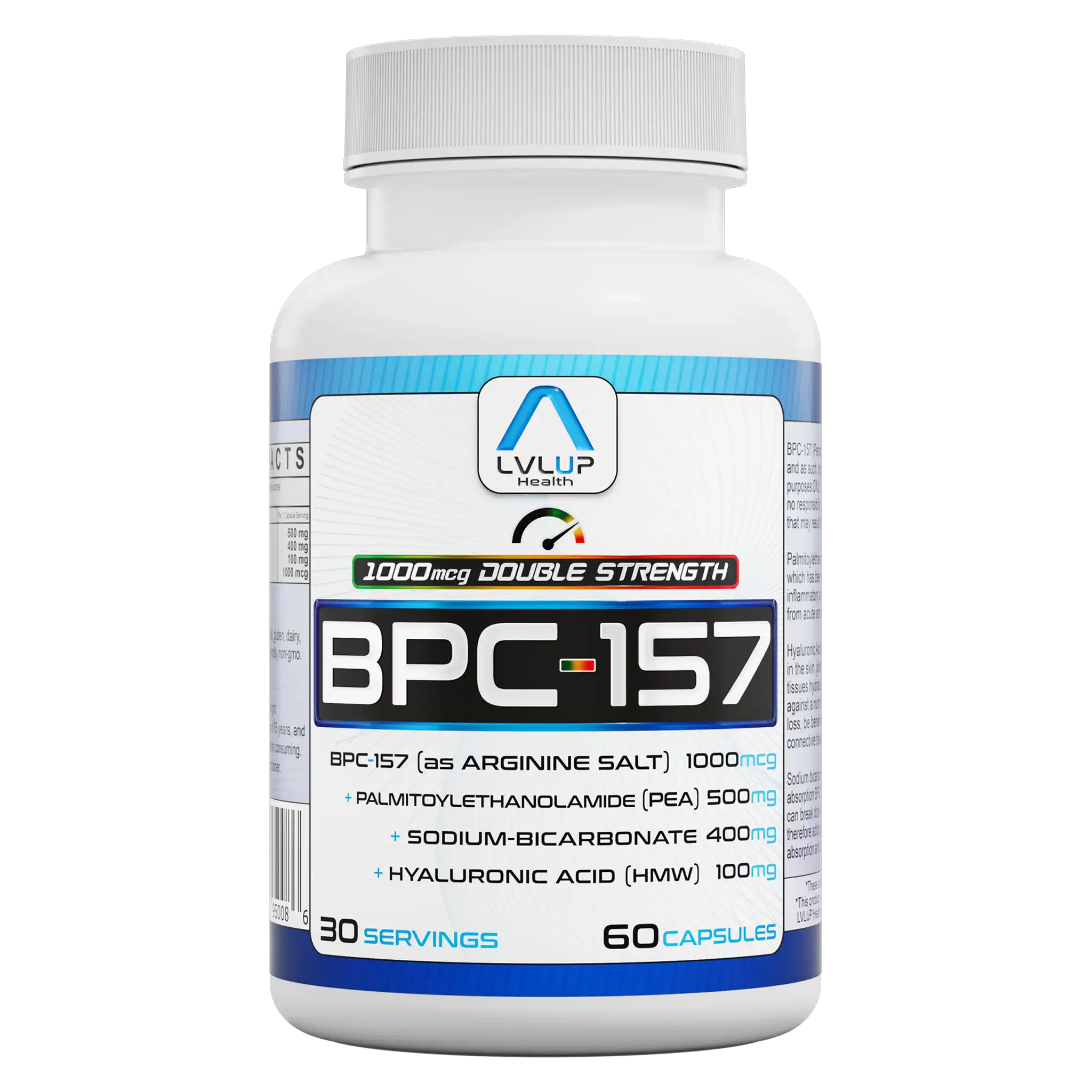Quercetin
About Quercetin
Natural Source and Stability
Quercetin is a bioflavonoid naturally present in foods like apples, onions, and green tea. The anhydrous form means it’s water-free, enhancing its stability in supplement formulations. This ensures the potency remains consistent over time, making it a reliable choice for capsules and powders.
Enhanced Absorption with EMIQ
EMIQ takes quercetin a step further by using enzymes to convert it into a form that’s more easily absorbed by the body. This modification is important because standard quercetin can be challenging for the body to absorb efficiently. EMIQ allows for more effective use of quercetin’s antioxidant properties.
Applications in Health Formulas
You’ll find Quercetin Anhydrous and EMIQ in supplements that focus on oxidative stress. They’re popular in products aimed at supporting brain function during stressful times, aiding recovery from intense exercise, and adapting to seasonal changes. Additionally, these forms support gut health by aiding the digestive tract lining and liver products by enhancing detoxification pathways.
Practical Benefits
EMIQ’s improved bioavailability means supplement companies can include effective doses without bulky capsules or gritty powders. This makes it easier for consumers to get meaningful amounts of quercetin alongside other active ingredients.
Detailed Information
Chemical Properties and Bioavailability
Quercetin Anhydrous is a flavonol-type polyphenol characterized by significant lipophilicity and moderate bioavailability. It undergoes extensive intestinal metabolism through processes like glucuronidation and sulfation. EMIQ is created by enzymatic glycosylation of rutin or isoquercitrin, utilizing enzymes such as cyclodextrin glycosyltransferase and pullulanase from microbial sources, resulting in α-glucosyl isoquercitrins with up to 80-fold increased water solubility compared to aglycone quercetin.
Pharmacokinetics and Mechanism
EMIQ offers higher plasma concentrations of quercetin due to enhanced intestinal absorption via sodium-dependent glucose transporter 1 (SGLT1) pathways. It also shows a delayed Tmax compared to quercetin aglycone but provides a greater overall area under the curve (AUC), indicating prolonged systemic exposure. This allows for lower effective doses in multicomponent supplements.
Mechanistic Insights
Quercetin’s benefits are linked to its electron-donating properties. It acts directly on reactive oxygen/nitrogen species (ROS/RNS), modulates phase II detoxification enzymes like glutathione S-transferase, and influences nuclear transcription factors such as Nrf2-ARE for antioxidant gene expression. It also inhibits NF-kB mediated pro-inflammatory signaling. In ex vivo models, quercetin supports the expression of tight junction proteins, thus strengthening epithelial barrier integrity within the gastrointestinal and blood-brain barriers.




